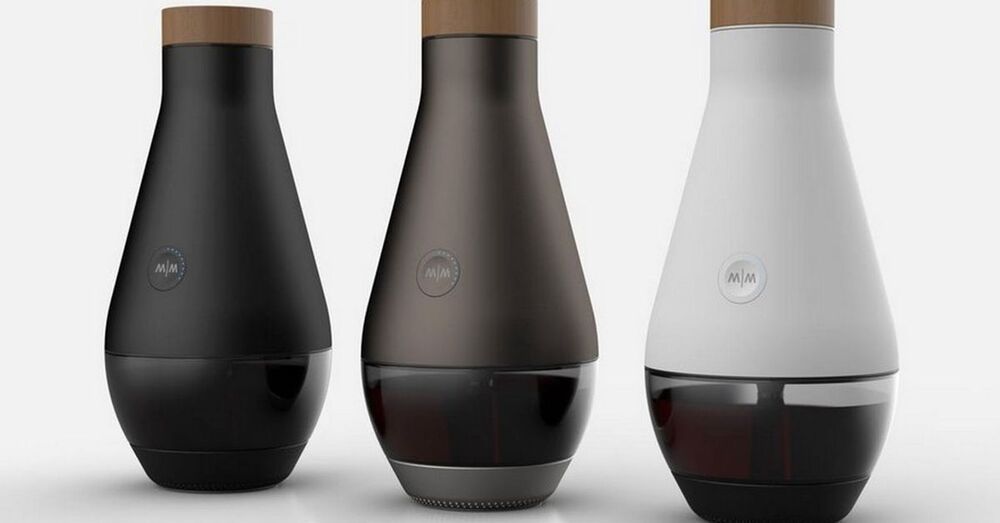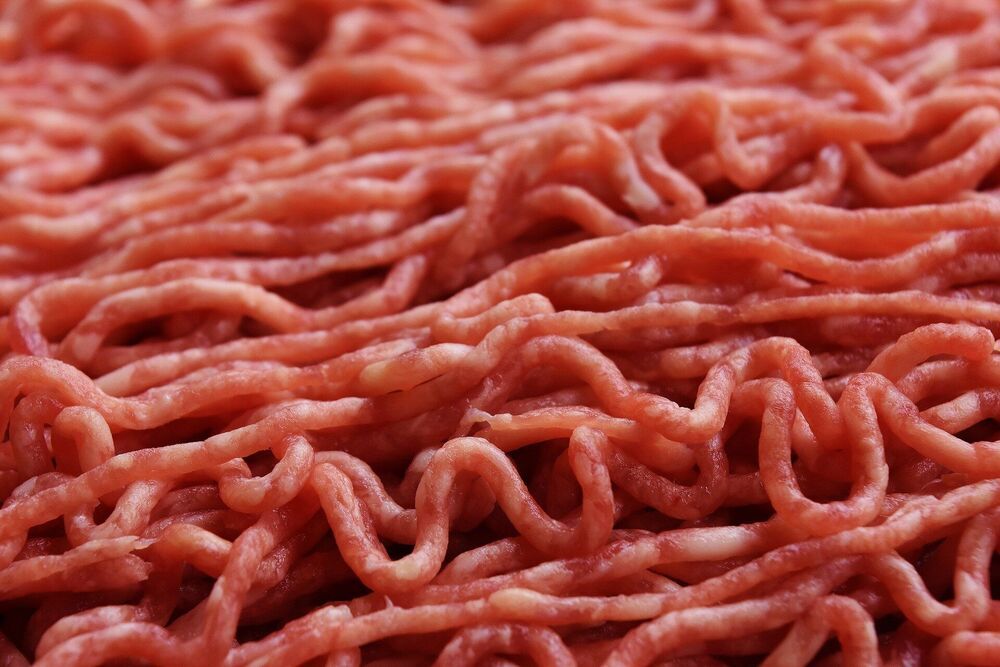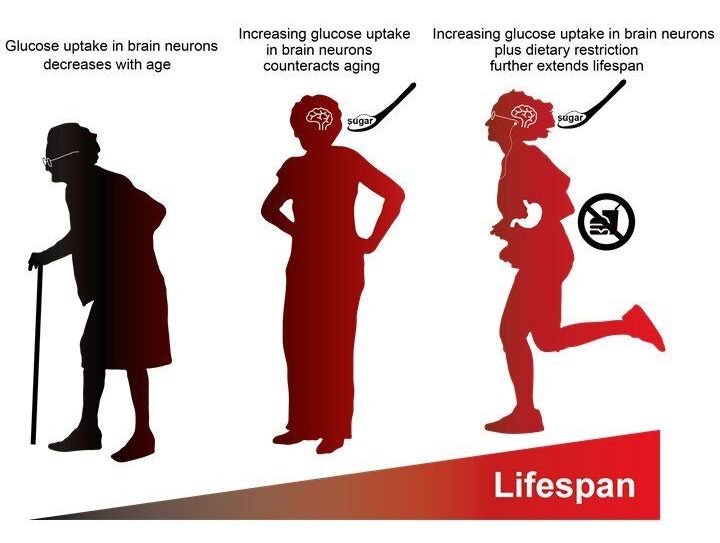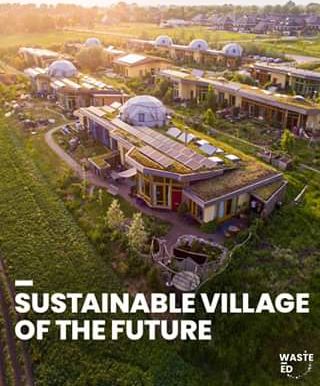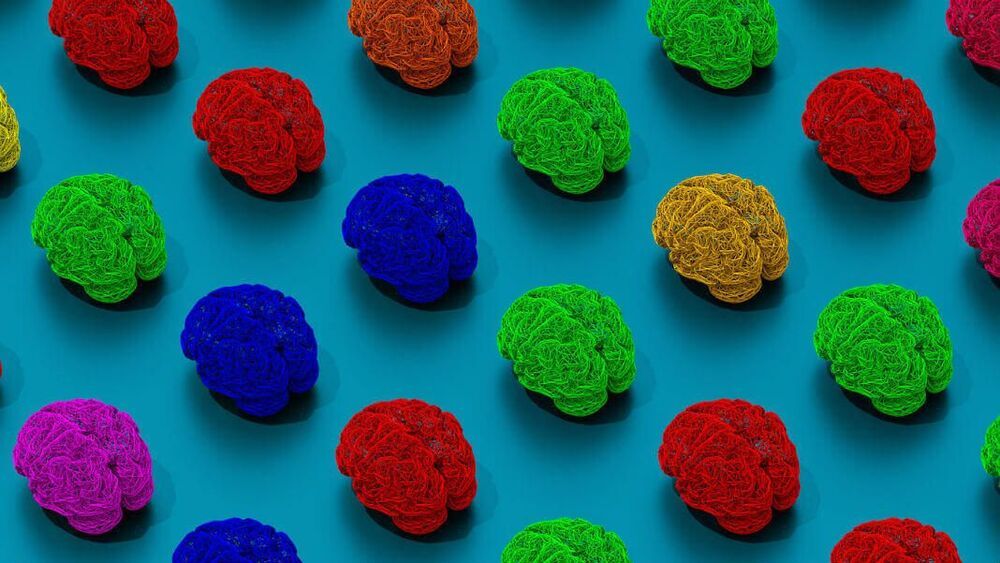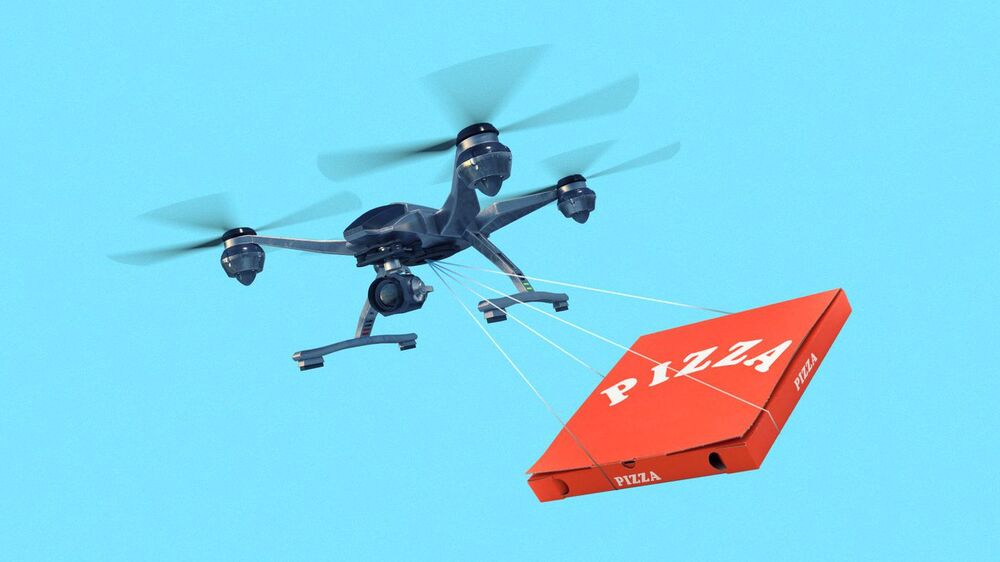Researchers at[ MIT have developed a new method for growing plant tissues in a lab](https://news.mit.edu/2021/lab-grown-plant-tissue-0120) — sort of like how companies and researchers are approaching lab-grown meat. The process would be able to produce wood and fibre in a lab environment, and researchers have already demonstrated how it works in concept by growing simple structures using cells harvested from zinnia leaves.
Researchers at MIT have developed a new method for growing plant tissues in a lab — sort of like how companies and researchers are approaching lab-grown meat. The process would be able to produce wood and fibre in a lab environment, and researchers have already demonstrated how it works in concept by growing simple structures using cells harvested from zinnia leaves.
This work is still in its very early stages, but the potential applications of lab-grown plant material are significant, and include possibilities in both agriculture and in construction materials. While traditional agricultural is much less ecologically damaging when compared to animal farming, it can still have a significant impact and cost, and it takes a lot of resources to maintain. Not to mention that even small environmental changes can have a significant effect on crop yield.
Forestry, meanwhile, has much more obvious negative environmental impacts. If the work of these researchers can eventually be used to create a way to produce lab-grown wood for use in construction and fabrication in a way that’s scalable and efficient, then there’s tremendous potential in terms of reducing the impact on forestry globally. Eventually, the team even theorizes you could coax the growth of plant-based materials into specific target shapes, so you could also do some of the manufacturing in the lab, by growing a wood table directly for instance.

